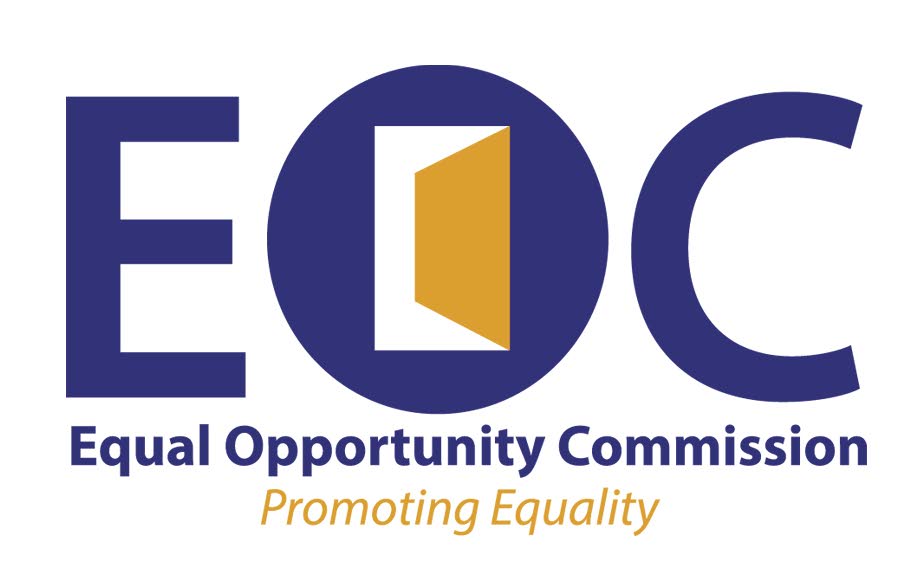Quality education for all

ON APRIL 2, United Nations signatories will observe World Autism Awareness Day. The theme is “Inclusive Quality Education for All.”
Autism is a developmental disability and autism spectrum disorder (ASD) and may sometimes co-exist with other conditions like Asperger’s, a form of ASD, or attention deficit hyperactivity disorder (ADHD) and other learning disabilities that sometimes require special educational provisions.
Young people on the autism spectrum may experience barriers to receiving a quality education. These barriers may include discrimination and prejudice, bullying, limited teacher training and teacher preparation, limited human and material resources and limited administrative support.
This is exacerbated by the covid19 pandemic. According to the UN, “many students with autism have been especially hard hit and studies show that they have been disproportionately affected by disruptions to routines, as well as services and supports that they rely on.”
People with ASD contribute to society in meaningful ways, and a quality education in an inclusive environment can only empower them to unlock their truest potential.
There are people with ASD who are gifted and there are studies worldwide dedicated to determining the correlation between the two.
Many notable and influential people have ASD and have made significant contributions to science, technology, law, society and changed the way we view the world. It is widely believed that Albert Einstein, Charles Darwin, Leonardo da Vinci and Jane Austen all had ASD. They all existed before ASD was diagnosed in the 20th century and a diagnosis could not have been confirmed. More recent examples include actor Sir Anthony Hopkins; Satoshi Tajiri, the creator of Pokemon; and entrepreneur Elon Musk, one of the wealthiest people in the world.
ASD usually develops within the first three years of a child’s life and parents sometimes detect signs in the child’s behaviour from an early age. They may be able to inform educators on the strengths and needs of the child so that both child and parent can receive appropriate support.
Educators should become familiar with the student and the nature and extent of the accommodations they require. Since the condition is a spectrum, there should be varying support mechanisms for students, which can be simple to execute in some instances. For example, students may ask for changes to the physical environment and cleaning products that give off a strong odour. Further, they may request a reduction in the overall noise in the classroom and ask other students to be more considerate of their loudness.
Teachers should be provided with increased support and training on inclusion. Research has consistently demonstrated that training and experience are factors that strongly influence teachers’ attitudes toward inclusive education.
Research suggests that many students with ASD struggle with abstract thinking but often have visual strengths. Therefore, educators and support teams need to employ effective practices and strategies such as visual aids, multimodal interventions and strategies for challenging behaviour, thereby allowing students to receive the type of education most suited to them.
Research has also shown that children with ASD are often the victims of bullying. To combat this unwanted problem, schools, parents and children should collectively work together in creating a safe and welcoming atmosphere for all children while rewarding positive behaviour.
Notwithstanding these hindrances, students with ASD have conquered many physical and mental challenges, excelled in several diverse professions and continue to make significant contributions to our society. Their successes are made possible through absolute determination and strong support systems.
In Trinidad and Tobago, our Constitution and Education Act speak to the right to an education. This is similarly stipulated in the Universal Declaration of Human Rights, the Convention on the Rights of the Child, as well as included in the UN Convention on the Rights of Persons with Disabilities (UNCRPD).
The Equal Opportunity Act also covers the status ground of disability and complaints can be lodged at the offices of the Equal Opportunity Commission if a person with a disability or disabilities have experienced discrimination while attempting to access employment, goods and services, accommodation or an education. The act is the only national legislative instrument that addresses disability discrimination in four broad categories. As part of the mandate of the EOC, we strive to eliminate discrimination and promote equality of opportunity for all.
By 2030, goal four of the UN Sustainable Development Goals (SDGs) is to ensure access to equal and equitable quality education at all levels and vocational training for the vulnerable, including persons with disabilities (PWDs). As a signatory to the UNCRPD, TT must respect, protect and fulfil the right to education of PWDs, through the implementation of the appropriate legislation for “inclusive education.”


Comments
"Quality education for all"